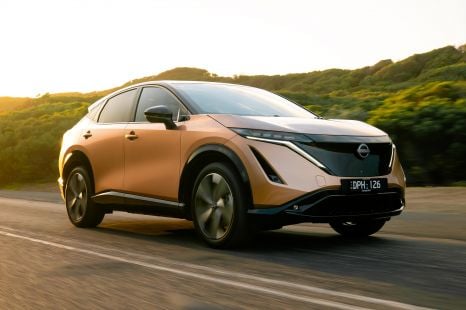

James Wong
2026 Nissan Ariya review
3 Days Ago

News Editor
SsangYong Australia has confirmed the Torres is still on track for our market, and it’s eyeing the new electric Torres EVX.
“EV Torres is certainly on the radar and the petrol Torres is still on track for the end of the year/early 2024,” said a company spokesperson.
The Torres has gotten off to a strong start in the Korean market, so much so the company confirmed last year it had to delay a planned local launch. The SUV broke the brand’s record for pre-orders in its home market with 12,000 in total.
At the time, SsangYong Australia said a late 2023 launch was the likely scenario, though this updated timing suggests it’s still a moving target.

The Torres was revealed in mid-2022 as a new mid-sized SUV for the SsangYong range, slotting in above the 250mm-shorter Korando but below the 150mm-longer body-on-frame Rexton.
SsangYong followed it up with the Torres EVX this month, an electric version of the crossover which it’s set to fully reveal at this year’s Seoul motor show which begins on March 30.
At 4700mm long and 1890mm wide, the Torres is almost identical in size to a Mitsubishi Outlander.
It’s offered with either front- or all-wheel drive, with McPherson struts up front and multi-link suspension at the rear.
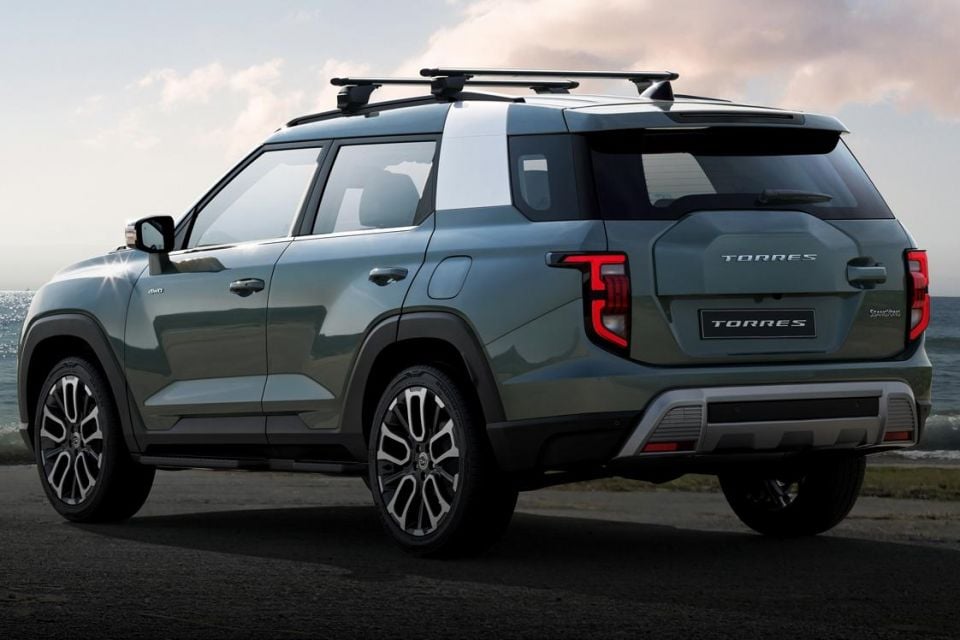
Powering the Torres is a turbocharged 1.5-litre four-cylinder engine shared with the Korando, producing 125kW of power and 280Nm of torque. It’s mated with a six-speed automatic transmission.
Specifications for the Torres EVX have yet to be released.
In E-Motion guise, the related Korando features a 61.5kWh battery and a front-mounted electric motor with 140kW of power, with a claimed WLTP range of 339km.
The EVX features a thoroughly revised front-end, with a different grille, bumper and lighting.
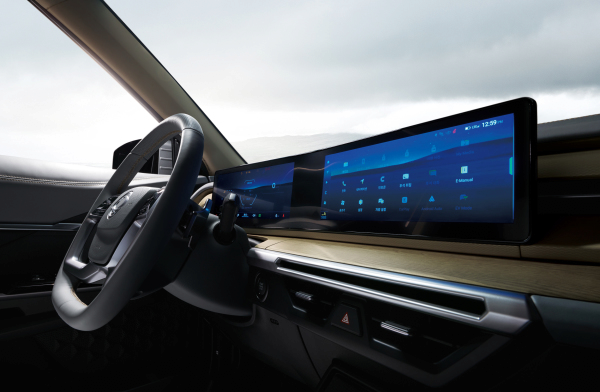

It differs inside, too, swapping the combustion-powered model’s separate 12.3-inch touchscreen infotainment screen and digital instrument cluster for a slick curved glass assembly housing both screens.
It’s unclear if the separate 8.0-inch climate control screen will remain in the EVX.
With both seating rows in use, SsangYong claims a generous boot capacity of 703 litres for the petrol Torres on the VDA standard – meaning the boot is measured by filling the load space with litre blocks. This expands to 1662L with the second row folded.
Available safety equipment includes eight airbags; plus autonomous emergency braking, blind-spot monitoring, cross-traffic alert, safe exit warning, and adaptive cruise control with stop/go.

SsangYong has officially rebranded as KG Mobility, and the company’s chairman has indicated it will rebrand its vehicles, too.
The company has been transitioning models to the logo it used in the 1990s, resembling two circles within a larger circle, instead of the wing-like logo it has used in recent years or KG Mobility’s corporate logo.
SsangYong was saved from bankruptcy by a consortium led by steel conglomerate KG Group late in 2022 with The Korea Herald reporting a price tag of 950 billion won ($A1.026 billion).
That price is more than three times the 304.8 billion won that Korean electric bus manufacturer Edison Motors had agreed to pay for SsangYong, before its deal was scuppered.
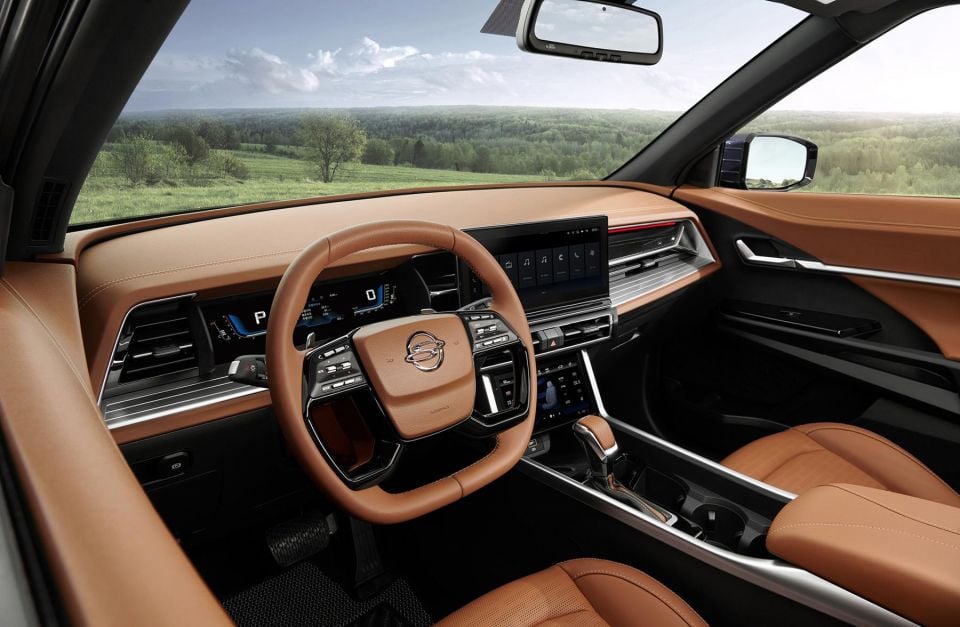
SsangYong Motor had been under court receivership since April 2021, after its parent Mahindra & Mahindra failed to find a new investor amid the pandemic and financial difficulties.
The company’s home life has been troubled for years, and it never seems to have a stable parent for long.
Daewoo bought a controlling stake in the company in 1997, only to offload it in 2000 as it experienced perilous financial woes of its own.
It endured a tumultuous few years under Chinese ownership, with SAIC Motor acquiring 51 per cent in 2004 but walking away in 2009 and leaving it in receivership.
Mahindra & Mahindra was the next parent to adopt SsangYong, acquiring a controlling stake of 70 per cent for 523 billion won in 2011.
Where expert car reviews meet expert car buying – CarExpert gives you trusted advice, personalised service and real savings on your next new car.
William Stopford is an automotive journalist with a passion for mainstream markets and historical automotive pieces.


James Wong
3 Days Ago
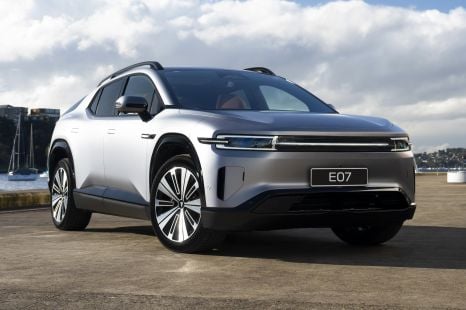

William Stopford
3 Days Ago
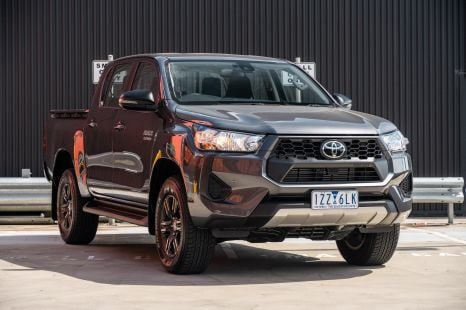

Josh Nevett
2 Days Ago
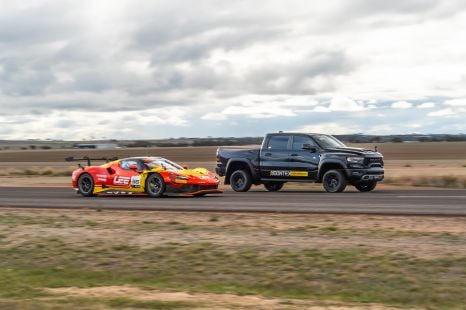

Paul Maric
1 Day Ago
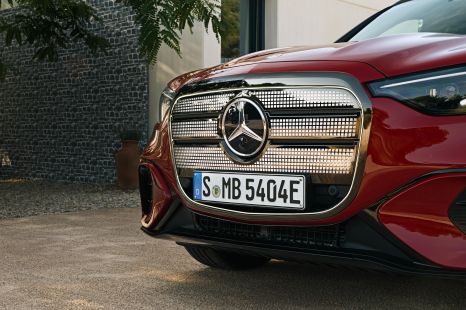

Ben Zachariah
19 Hours Ago
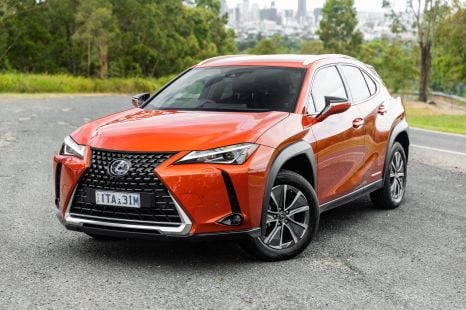

William Stopford
19 Hours Ago